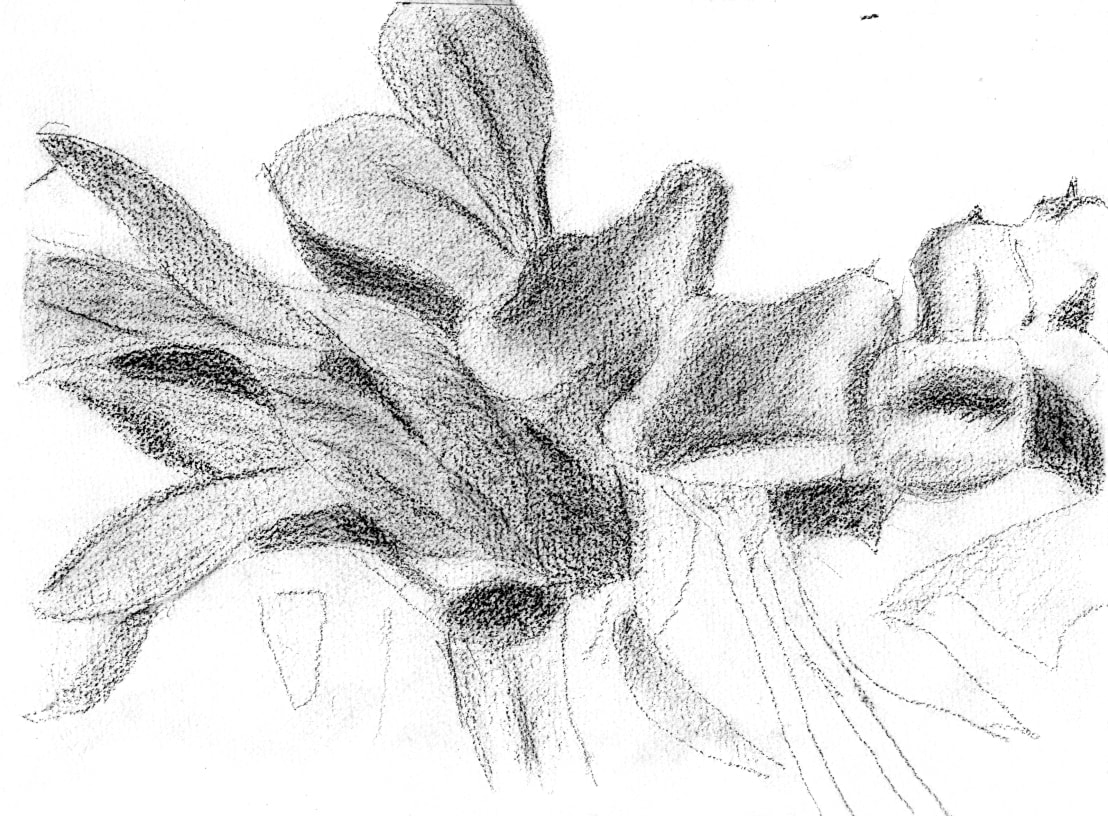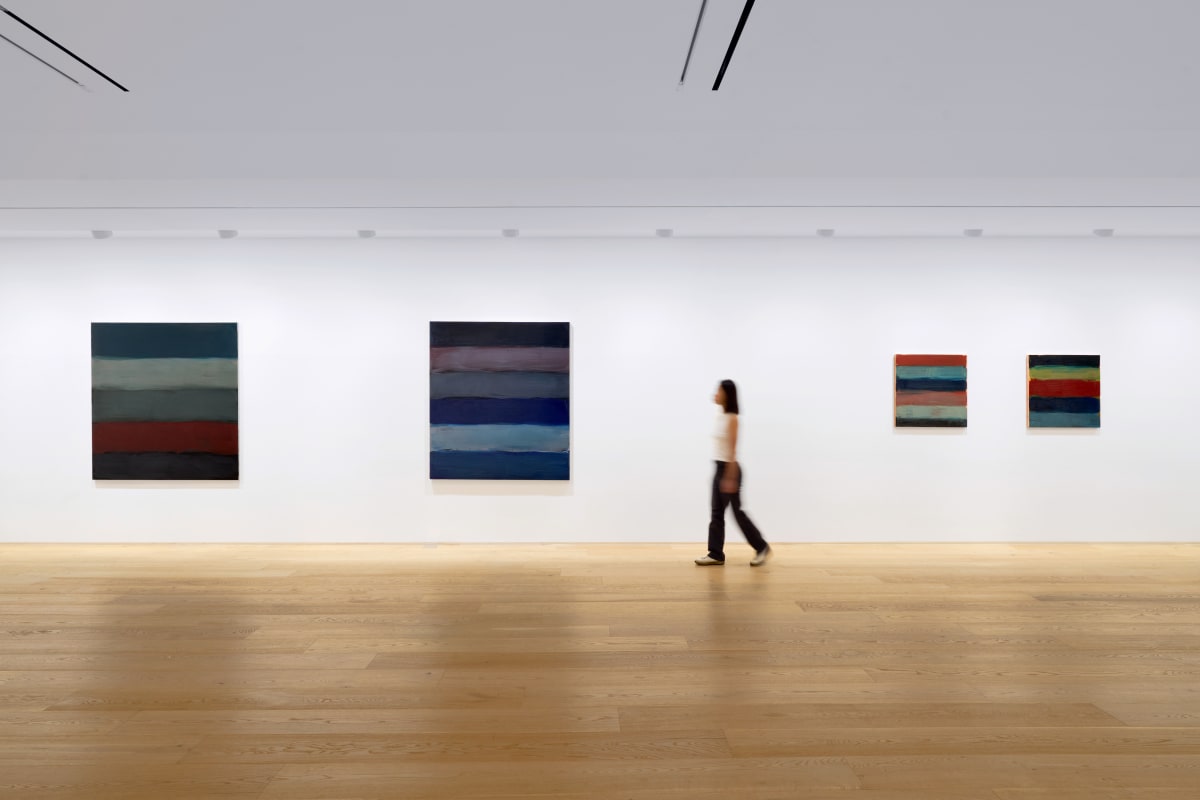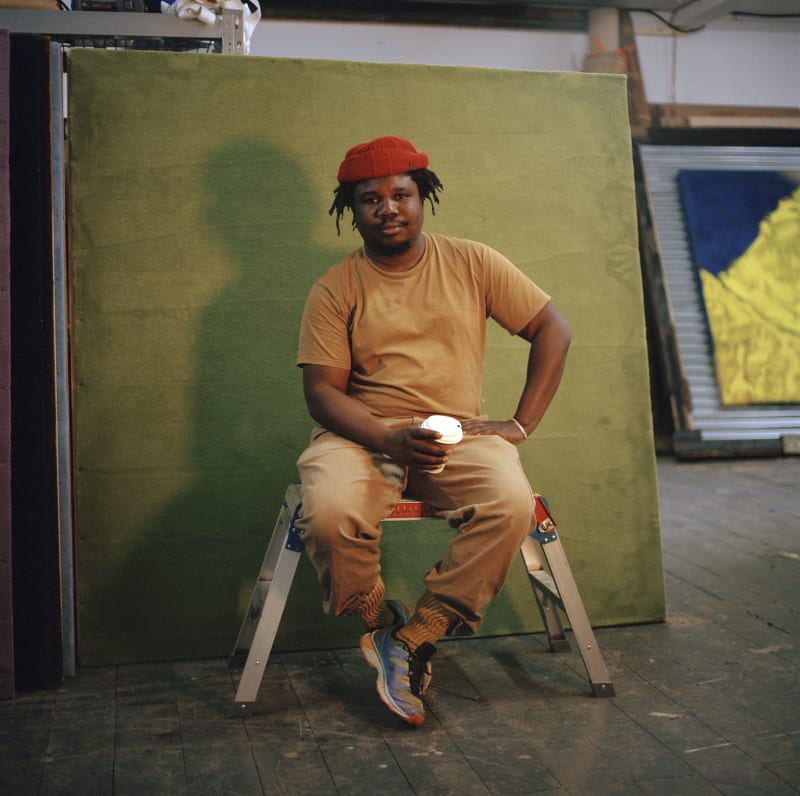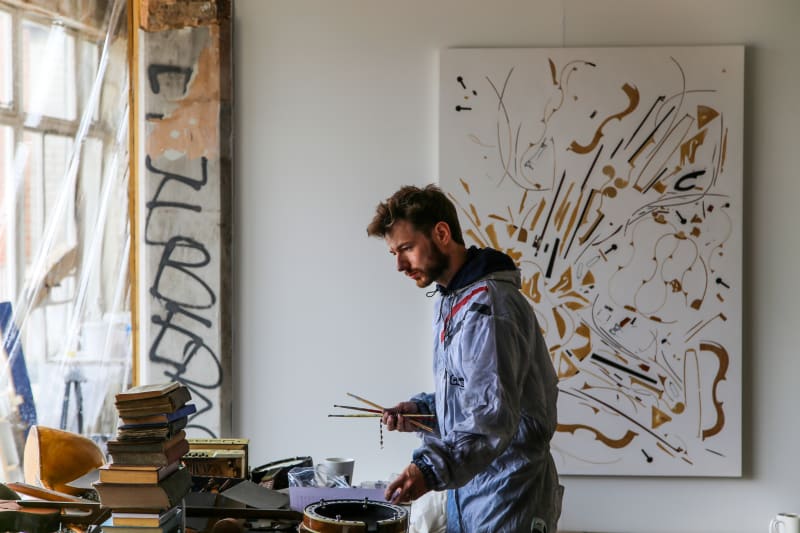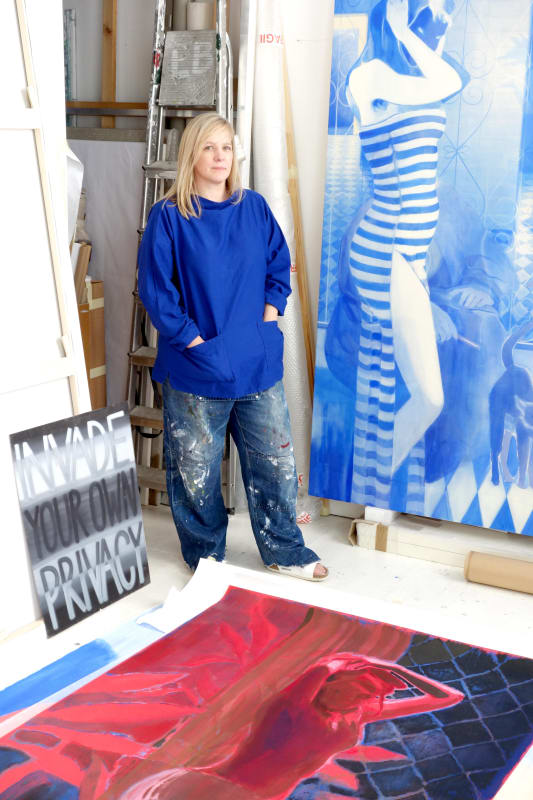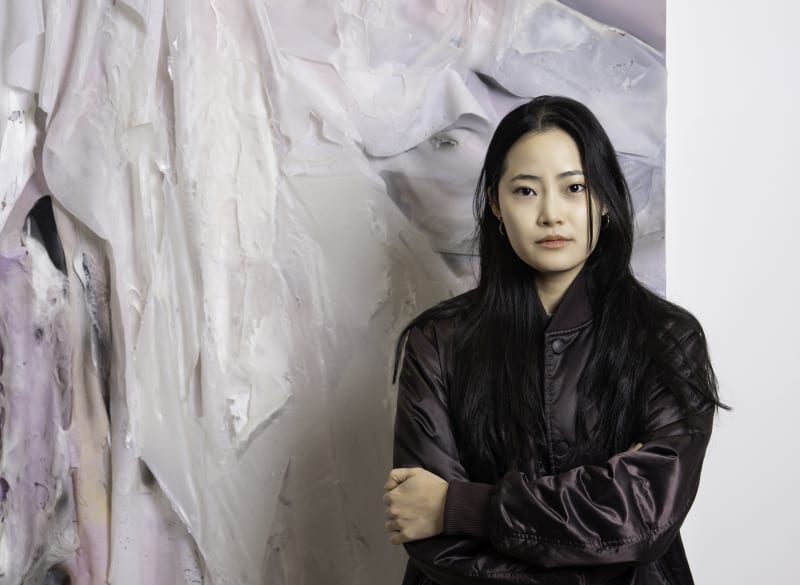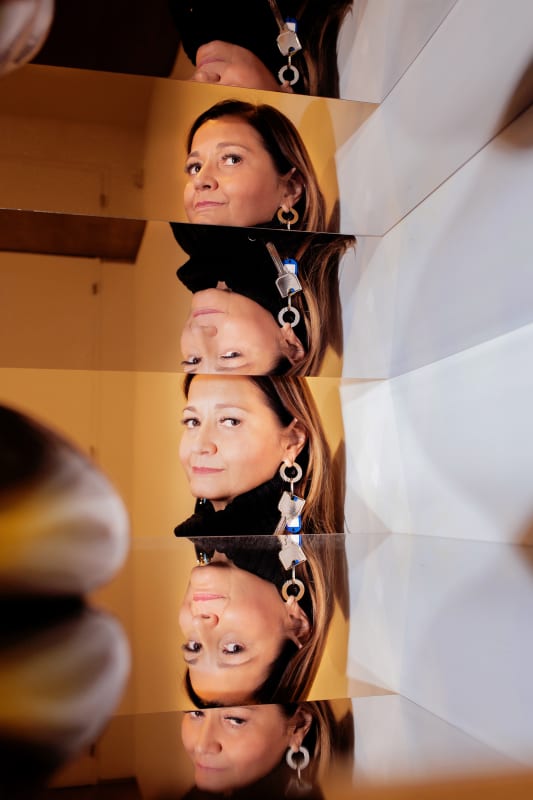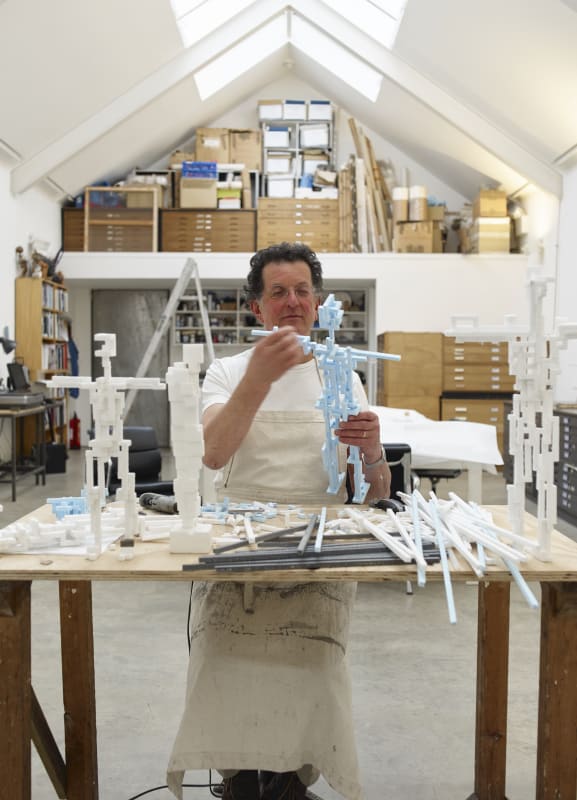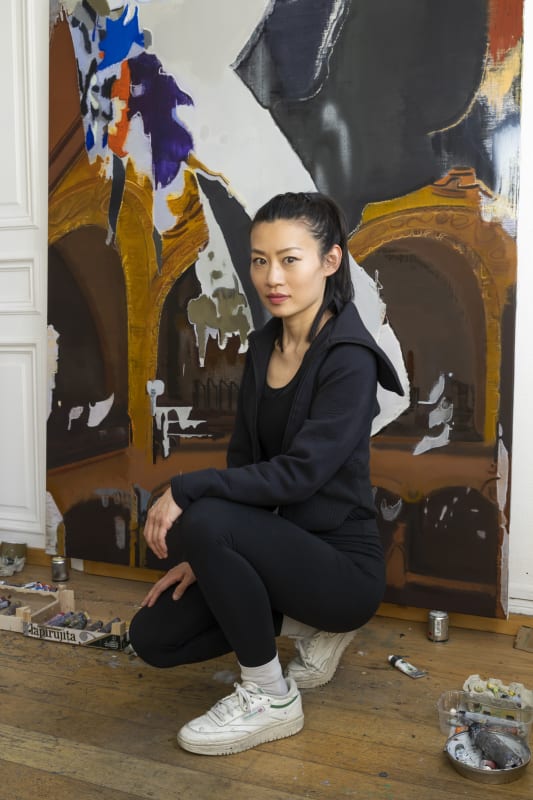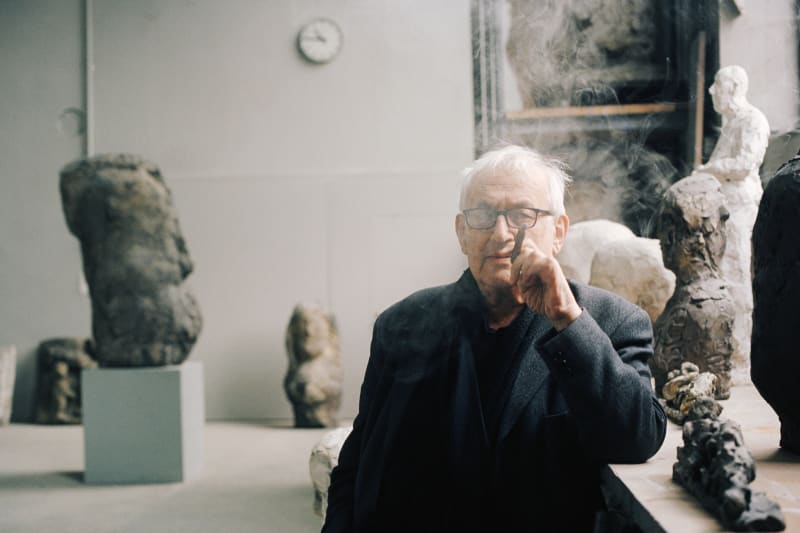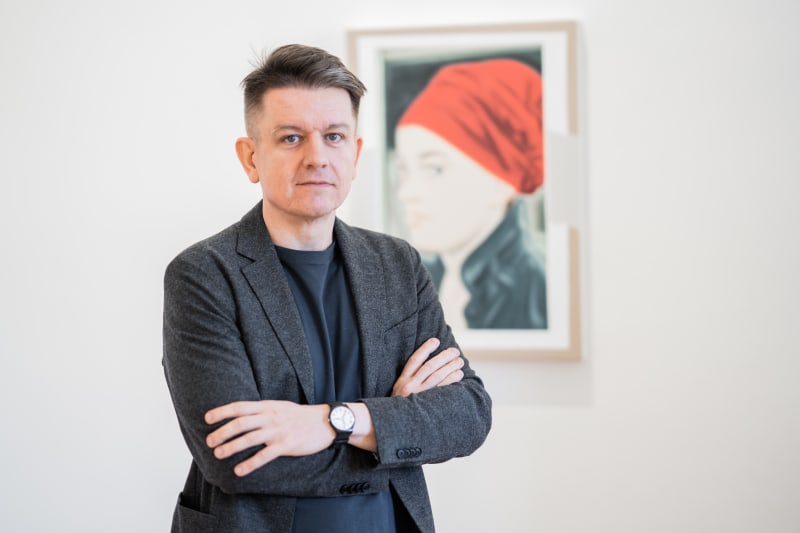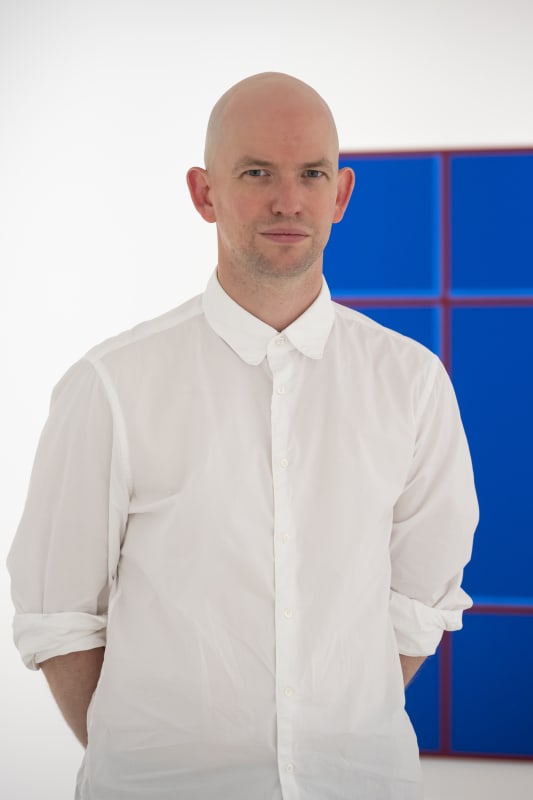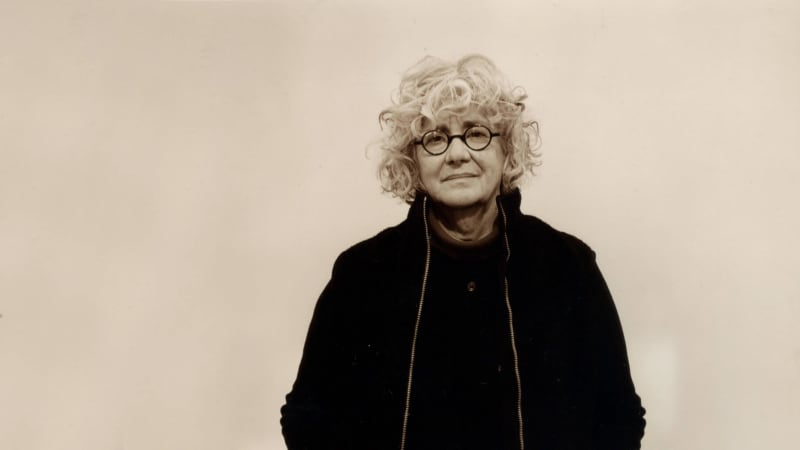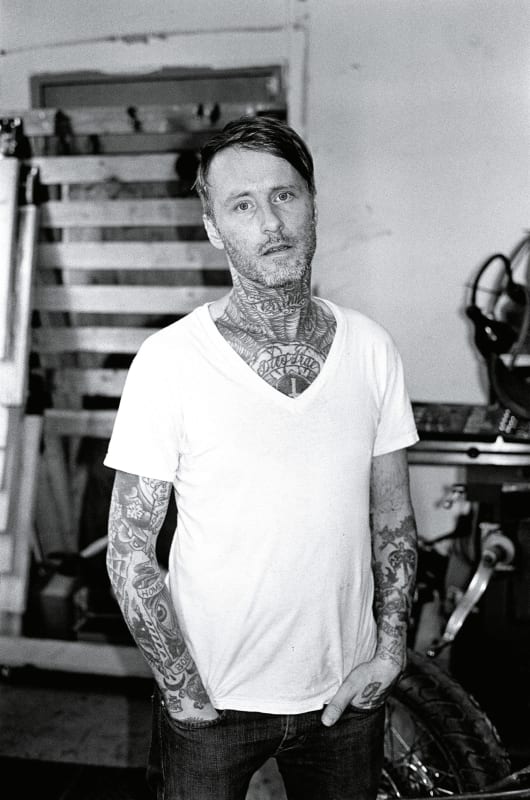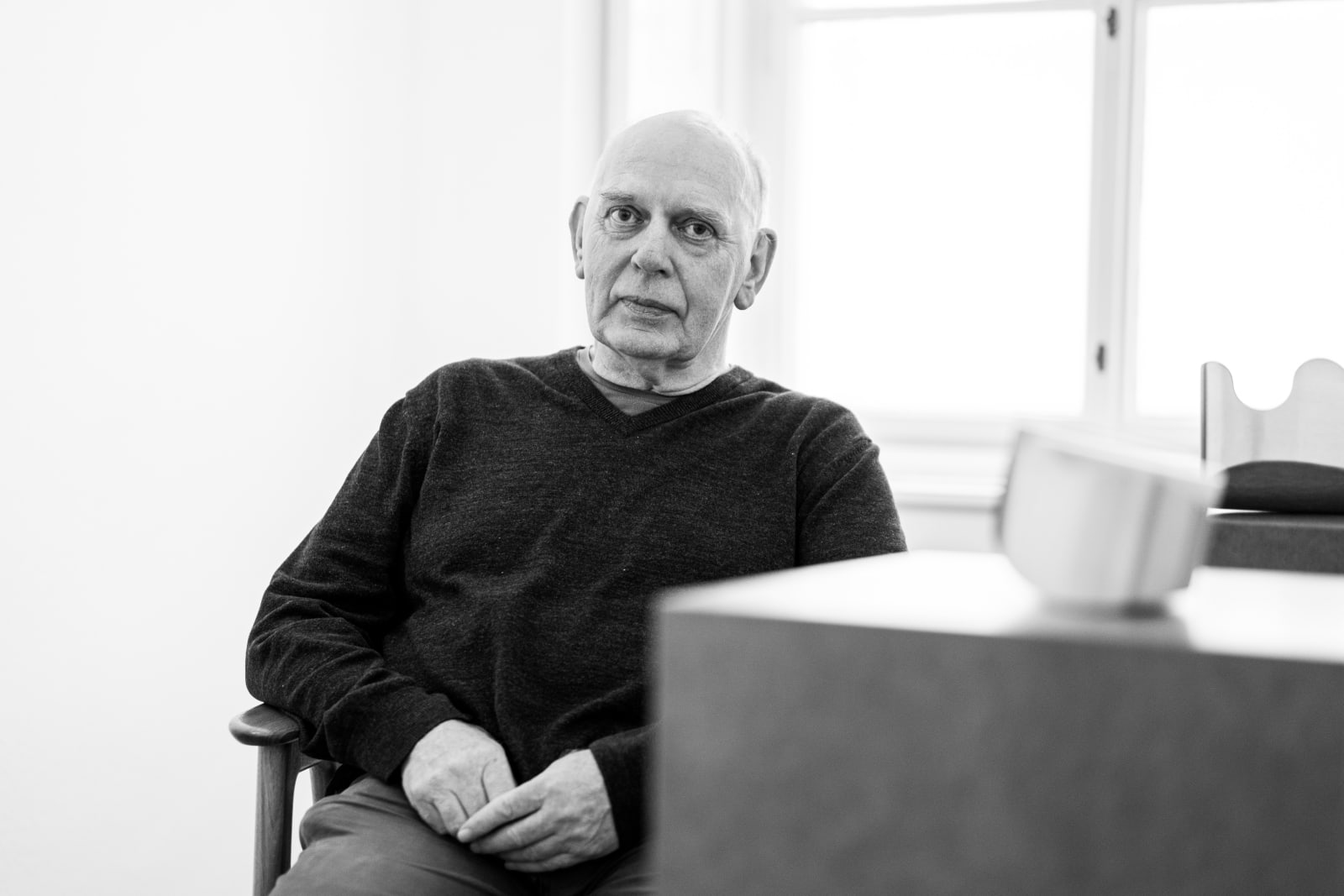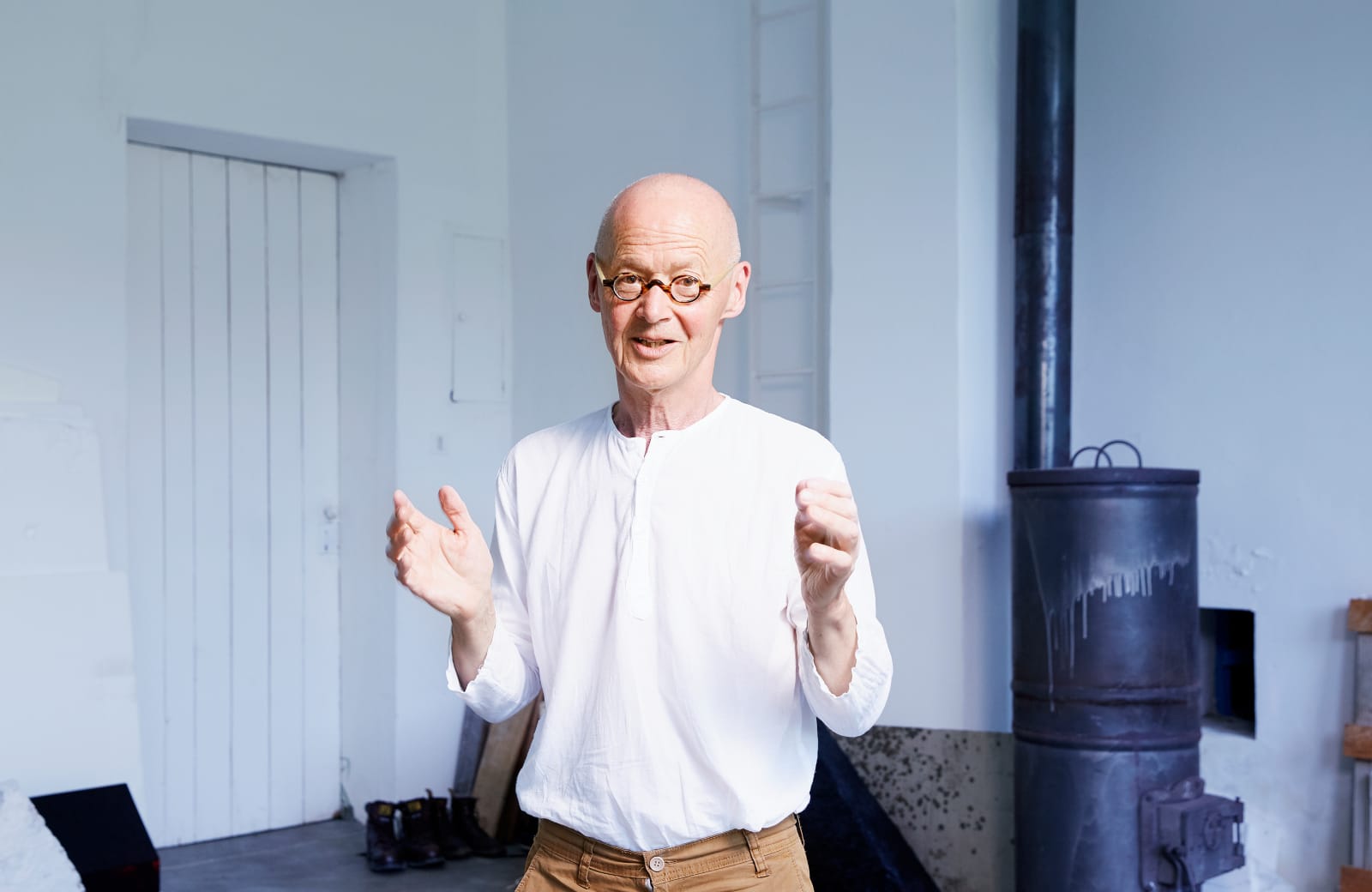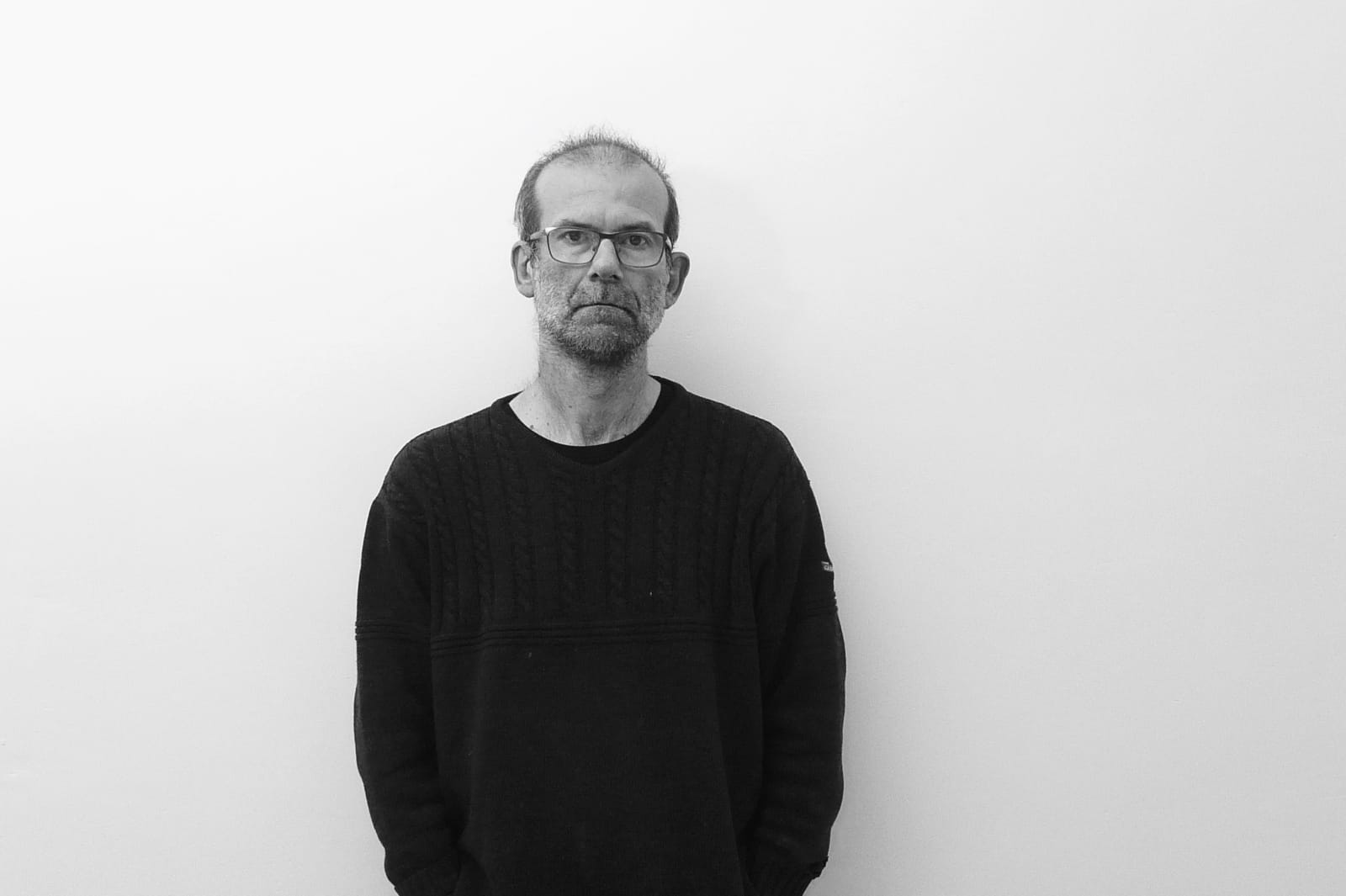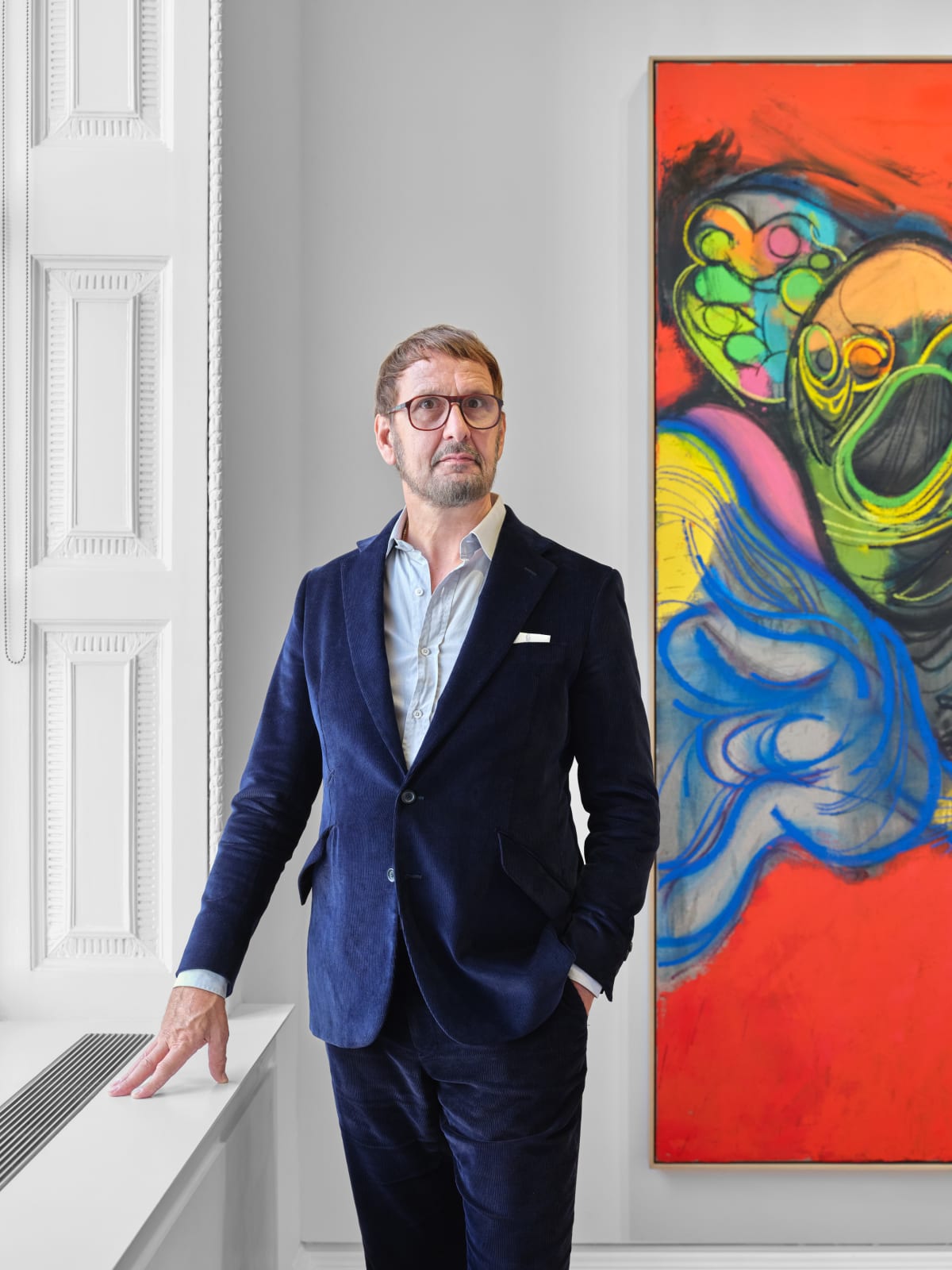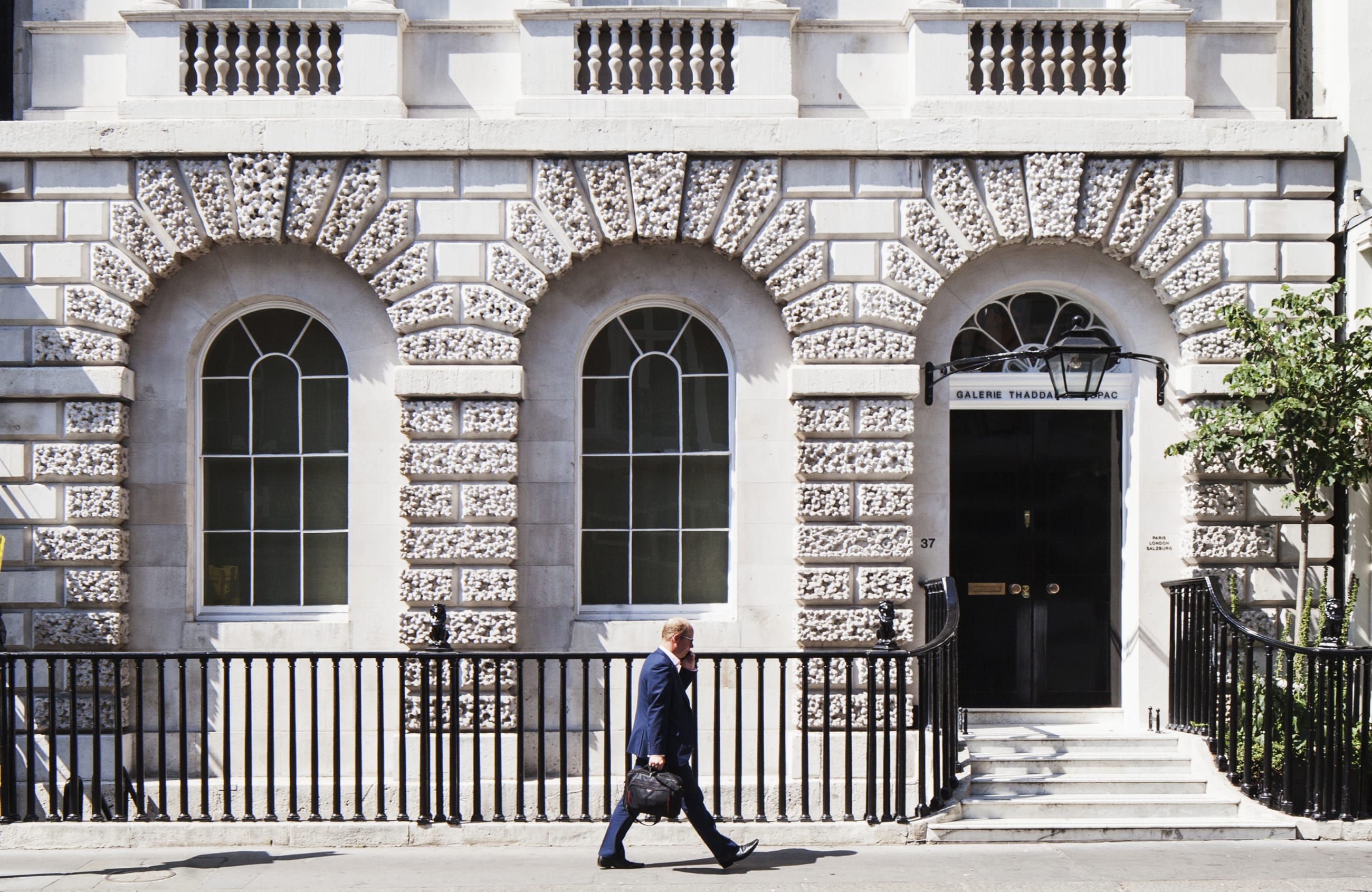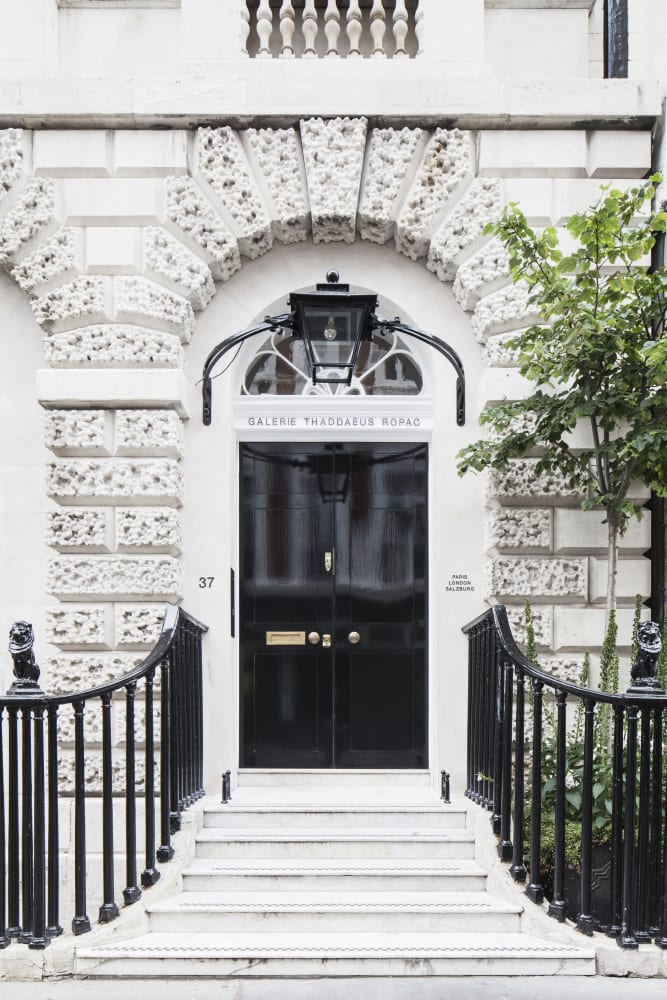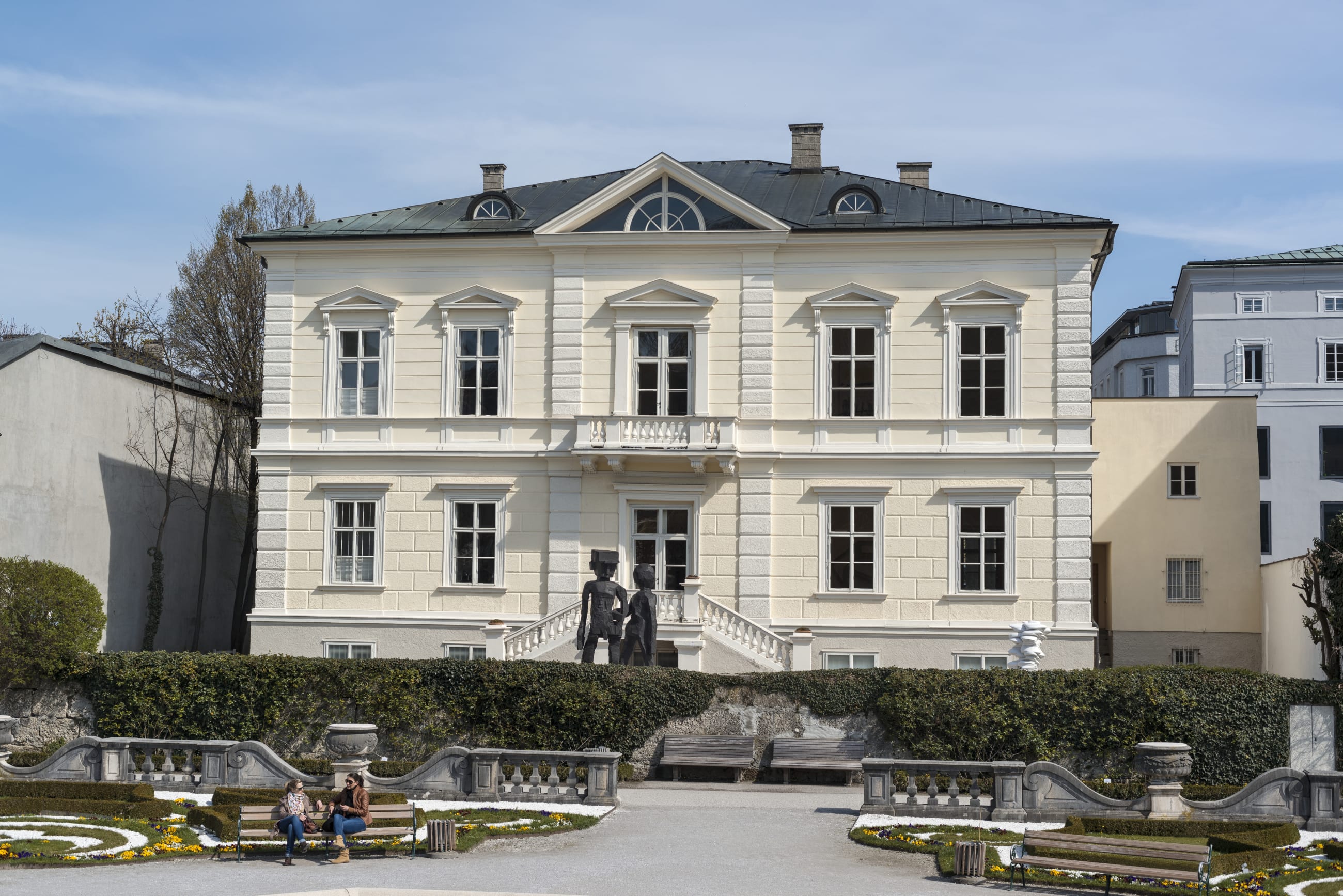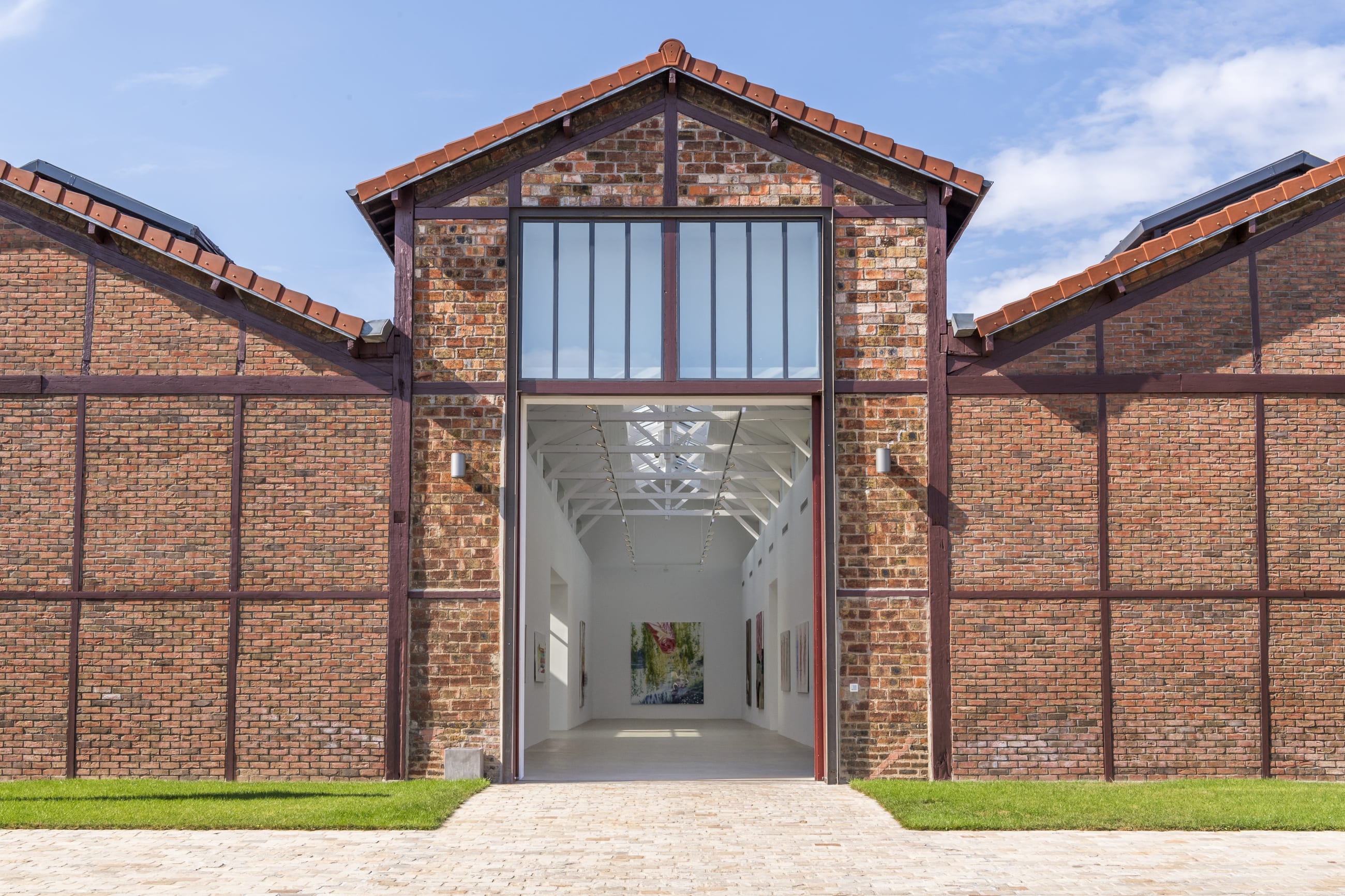Tate Britain to centre women artists in rehang "Visitors will be able to explore five hundred years of revolutionary changes in art, culture and society, culminating in new work by some of Britain’s most exciting contemporary artists,”
London’s Tate Britain has revealed that work by female artists will account for a large portion of the institution’s forthcoming rehang of its collection, to be unveiled to the public May 8. “Tate Britain’s new displays will embody our commitment to expanding the canon and diversifying British art history,” said Polly Staple, director of the museum’s British art collection. “In recent years, we have brought so many incredible works into Tate’s collection and visitors will soon be able to see these new acquisitions hung alongside more familiar and much-loved classics.”
The rehang is the first in a decade for Tate, and will comprise eight hundred works by some 350 artists. Old favorites will be on view along with recent acquisitions, new commissions, and never-before-seen works. The museum noted that it would award prominent positions to works by female artists of the seventeenth, eighteenth, and nineteenth centuries. As well, half of the contemporary works on view will be by women. The institution’s acknowledgment and elevation of female-identifying artists is meant to embody its commitment to diversifying its collections.
Among the works on view will be a ca. 1650–55 portrait by Joan Carlile, believed to be England’s first female professional oil painter and a group of underseen watercolors by Emily Sargent, sister to the widely known John Singer Sargent. Tracey Emin, Anya Gallaccio, Kudzanai-Violet Hwami, Rachel Jones, Lydia Ourahmane, and Bridget Riley will be represented in the contemporary rehang, which will also include work by nonbinary photographer Rene Matic.
“When our new displays open on May 23, visitors will be able to explore five hundred years of revolutionary changes in art, culture and society, culminating in new work by some of Britain’s most exciting contemporary artists,” said Tate Britain director Alex Farquharson.















